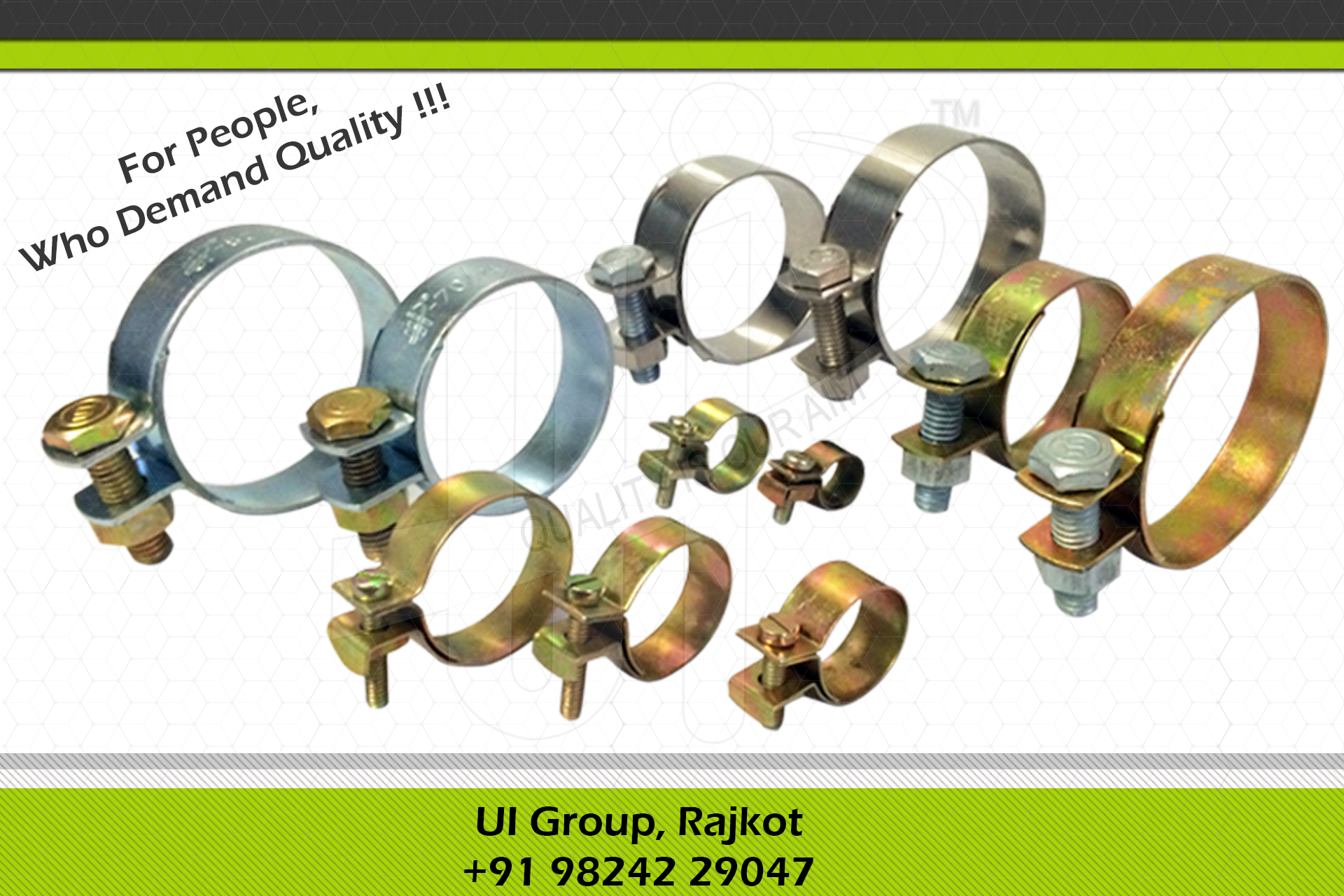- +919824229047
- info@uigroup.in

In order to join, repair, or lengthen conveyor belts or other belt types such as timing belts, power transmission belts, or flat belts, belt fasteners are mechanical devices or connectors. They guarantee that the belt will not slip or break while in constant use.Conveyor belt ends are joined by belt fasteners, which are mechanical mechanisms that provide a continuous loop for effective material handling. They are crucial parts of conveyor systems because they guarantee the belt remains firmly attached and runs efficiently.Belt fasteners are essential parts that connect conveyor belt ends to create a continuous loop for effective material handling in a variety of sectors, including manufacturing, logistics, mining, and agriculture.
Conveyor belts can run smoothly in a variety of situations because to their dependable and long-lasting connection.The two main types of belt fasteners are vulcanized splices and mechanical fasteners. While vulcanization uses heat, pressure, and glue to form a seamless, robust junction, mechanical belt fasteners are easier to install, faster, and frequently less expensive.Conveyor belt fasteners, sometimes referred to as mechanical belt fasteners or conveyor belt lacing, are crucial parts that attach conveyor belt ends to form a continuous loop for effective material handling.
In a variety of sectors, including mining, manufacturing, agriculture, food processing, and logistics, they provide a reliable and secure solution.Belt fasteners are essential parts that make it possible for conveyor systems in a variety of industries to operate effectively and dependably. They provide long-lasting and rapid solutions for connecting and repairing conveyor belts.Metal tools called belt fasteners, sometimes referred to as conveyor belt lacing, are used to connect the ends of conveyor belts.
Belt Fasteners
Belt Fasteners Manufacturers
Belt Fasteners Suppliers
Belt Fasteners Exporters
| Tags: | #Belt Fasteners , # Belt Fasteners Manufacturers, # Belt Fasteners Suppliers, # Belt Fasteners Exporters |